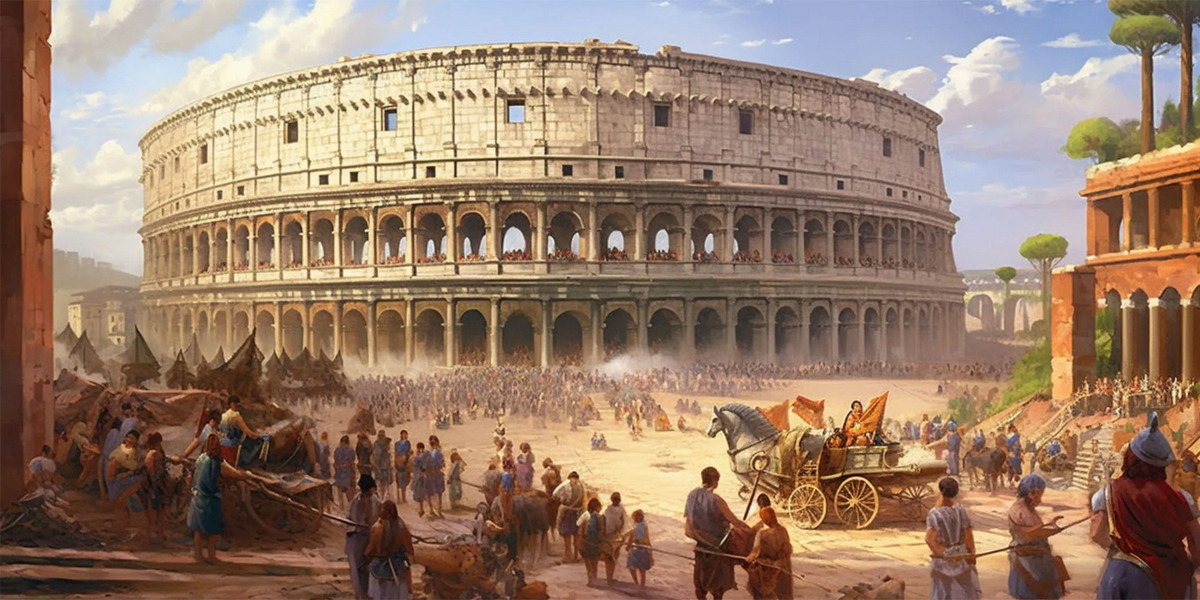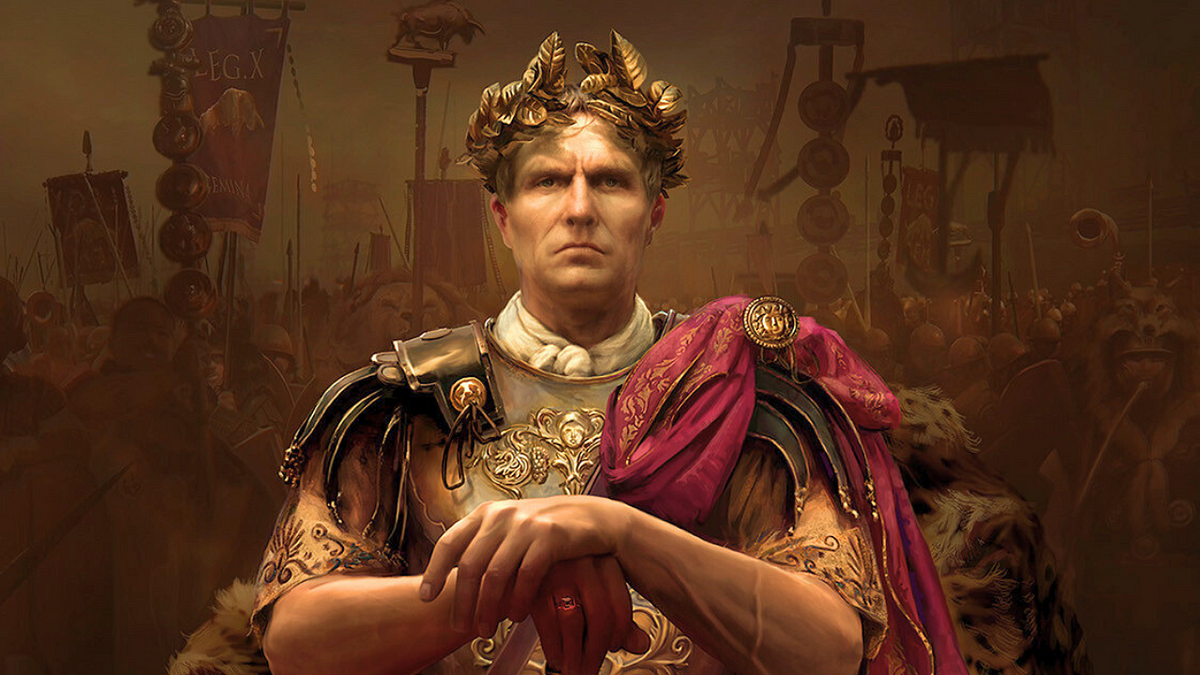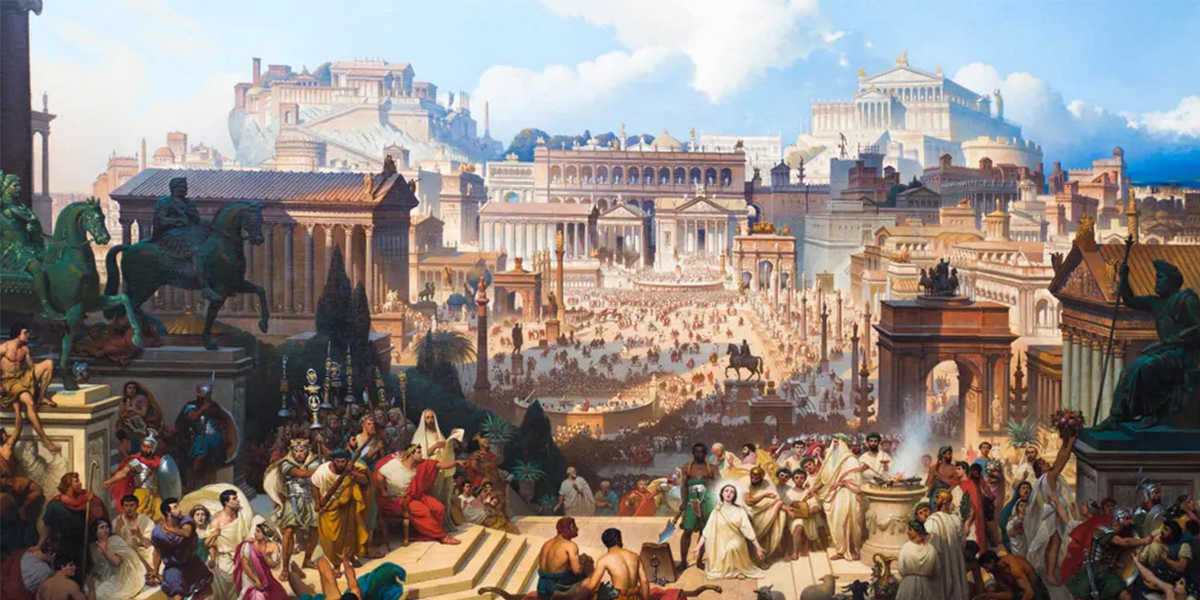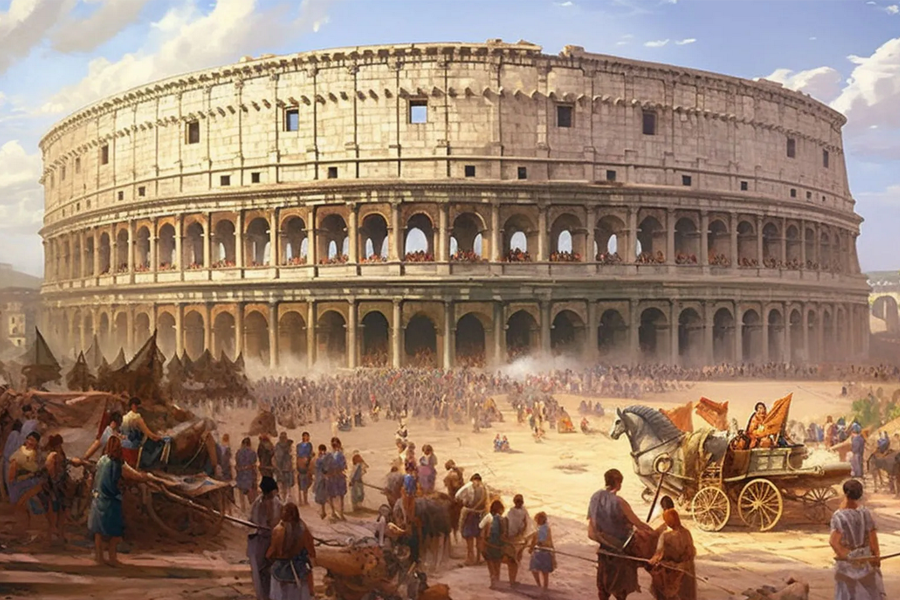The foundation of the Roman Empire marks one of the most significant transformations in world history. Emerging from the ashes of a republican government that had endured for nearly 500 years, the Roman Empire began its rise in the 1st century BCE, reshaping the political, social, and cultural landscape of the ancient world. This article explores the key events and figures that catalyzed this monumental shift from the Roman Republic to the Roman Empire.

The Decline of the Roman Republic
By the 2nd century BCE, the Roman Republic was experiencing internal strains that would eventually lead to its downfall. The expansion of Rome’s territories through military conquests brought wealth, but also social inequality and political corruption. The senatorial class, or patricians, amassed immense power and wealth, often at the expense of the common people, or plebeians. This disparity led to social unrest, and attempts at reform by figures such as the Gracchus brothers — Tiberius and Gaius — were met with fierce resistance, resulting in their deaths.
The Republic also suffered from a weakening of its traditional political institutions. The Senate, once the bastion of Roman governance, became increasingly ineffective and corrupt. As Rome’s territories expanded, the need for military leadership grew, leading to the rise of powerful generals who commanded the loyalty of their troops over that of the state. This shift laid the groundwork for the emergence of autocratic rule.
Julius Caesar and the Fall of the Republic
One of the most pivotal figures in the transition from Republic to Empire was Julius Caesar. A brilliant military leader, Caesar expanded Rome’s territories through his campaigns in Gaul and his crossing of the Rubicon River in 49 BCE — an act of insurrection that led to a civil war against the Senate and his rival, Pompey the Great. Caesar’s victory in this civil war effectively ended the Republic, as he was declared dictator for life in 44 BCE.
Caesar’s reforms aimed to stabilize Rome, but his accumulation of power alarmed many senators, leading to his assassination on the Ides of March in 44 BCE. However, instead of restoring the Republic, Caesar’s death plunged Rome into further chaos, with another series of civil wars eventually leading to the end of republican rule.

The Rise of Augustus and the Birth of the Empire
The final blow to the Roman Republic came with the rise of Caesar’s adopted heir, Octavian, later known as Augustus. After defeating Mark Antony and Cleopatra at the Battle of Actium in 31 BCE, Octavian emerged as the unchallenged leader of Rome. In 27 BCE, he was granted the title “Augustus” by the Senate, a name that symbolized his status as the revered one. This marked the official beginning of the Roman Empire, with Augustus as its first emperor.
Augustus cleverly maintained the facade of republican governance while holding ultimate power. He retained the Senate but stripped it of its authority, effectively centralizing all political and military power in his hands. His reign ushered in the Pax Romana (Roman Peace), a period of relative stability and prosperity that lasted for over two centuries. Augustus reformed the military, established a standing army, and created a network of roads and infrastructure that facilitated the empire’s cohesion and expansion.

The Impact of the Roman Empire
The establishment of the Roman Empire had profound and far-reaching effects. Politically, it created a centralized state that could effectively manage a vast and diverse territory, laying the foundations for modern governance and law. Culturally, the Roman Empire became a melting pot of ideas, languages, and religions, influencing the development of Western civilization.
The Roman Empire’s legacy is still felt today, in our legal systems, languages, and architectural achievements. The transition from Republic to Empire was not just a change in political structure; it was the beginning of an era that would define the course of history for centuries to come.
The birth of the Roman Empire was a complex process driven by social unrest, military ambition, and political maneuvering. The fall of the Republic and the rise of Augustus as the first emperor marked the beginning of a new chapter in Roman history, one characterized by imperial grandeur and lasting influence. This transformation from a republic to an empire set the stage for Rome’s domination of the ancient world and its enduring legacy in the modern era.



